Intro
Pregnancy is a critical period in a woman's life, and it's essential to take extra precautions to ensure the health and well-being of both the mother and the unborn child. One of the most significant concerns during pregnancy is the use of tobacco products, including vaping. Vaping, or the use of electronic cigarettes, has become increasingly popular in recent years, especially among young adults. However, the risks associated with vaping while pregnant are still not well understood, and the consequences can be severe.
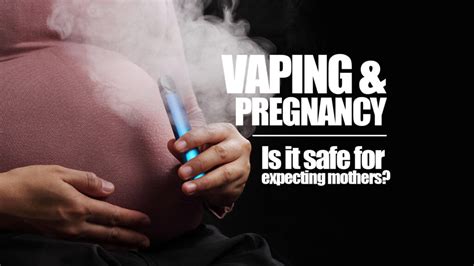
According to the Centers for Disease Control and Prevention (CDC), vaping during pregnancy can increase the risk of various complications, including preterm birth, low birth weight, and birth defects. Moreover, the chemicals present in e-liquids can harm the developing fetus, leading to long-term health problems. In this article, we will discuss the seven risks of vaping while pregnant and why it's crucial to quit vaping during this critical period.
Risk 1: Preterm Birth
Preterm birth is one of the most significant risks associated with vaping during pregnancy. Studies have shown that women who vape during pregnancy are more likely to give birth prematurely, which can lead to various health complications for the baby. Preterm birth can cause respiratory problems, developmental delays, and even death.

What causes preterm birth?
The exact causes of preterm birth are still not well understood, but research suggests that the chemicals present in e-liquids can contribute to this condition. Nicotine, in particular, can affect the development of the fetus, leading to premature birth.
Risk 2: Low Birth Weight
Low birth weight is another significant risk associated with vaping during pregnancy. Babies born to mothers who vape during pregnancy are more likely to have low birth weight, which can lead to various health complications. Low birth weight can increase the risk of respiratory problems, developmental delays, and even death.

What causes low birth weight?
The chemicals present in e-liquids can affect the development of the fetus, leading to low birth weight. Nicotine, in particular, can reduce the amount of oxygen and nutrients that the fetus receives, leading to low birth weight.
Risk 3: Birth Defects
Birth defects are a significant concern for women who vape during pregnancy. The chemicals present in e-liquids can harm the developing fetus, leading to various birth defects. Some of the most common birth defects associated with vaping during pregnancy include heart defects, cleft palate, and neural tube defects.
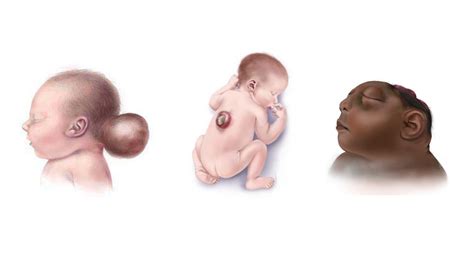
What causes birth defects?
The exact causes of birth defects are still not well understood, but research suggests that the chemicals present in e-liquids can contribute to this condition. Nicotine, in particular, can affect the development of the fetus, leading to various birth defects.
Risk 4: Respiratory Problems
Respiratory problems are a significant concern for women who vape during pregnancy. The chemicals present in e-liquids can harm the developing fetus, leading to various respiratory problems. Some of the most common respiratory problems associated with vaping during pregnancy include asthma, bronchitis, and pneumonia.
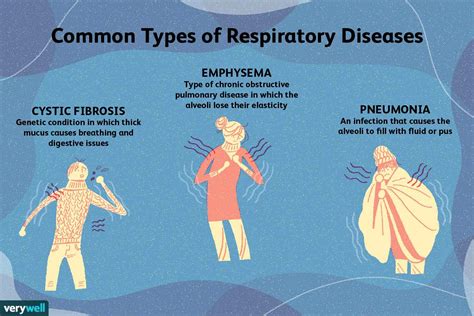
What causes respiratory problems?
The chemicals present in e-liquids can affect the development of the fetus, leading to various respiratory problems. Nicotine, in particular, can reduce the amount of oxygen and nutrients that the fetus receives, leading to respiratory problems.
Risk 5: Developmental Delays
Developmental delays are a significant concern for women who vape during pregnancy. The chemicals present in e-liquids can harm the developing fetus, leading to various developmental delays. Some of the most common developmental delays associated with vaping during pregnancy include delayed speech, delayed motor skills, and delayed cognitive development.
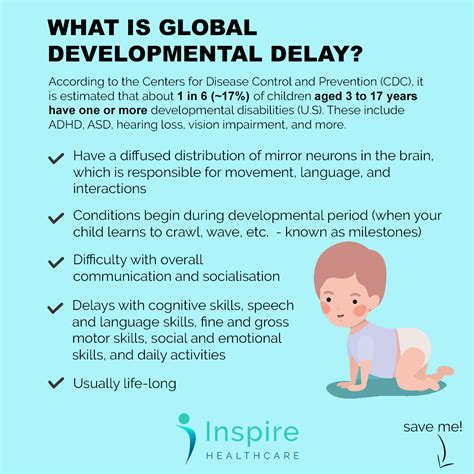
What causes developmental delays?
The chemicals present in e-liquids can affect the development of the fetus, leading to various developmental delays. Nicotine, in particular, can reduce the amount of oxygen and nutrients that the fetus receives, leading to developmental delays.
Risk 6: Sudden Infant Death Syndrome (SIDS)
Sudden Infant Death Syndrome (SIDS) is a significant concern for women who vape during pregnancy. The chemicals present in e-liquids can harm the developing fetus, leading to SIDS. SIDS is a condition in which a baby dies suddenly and unexpectedly, often due to a combination of genetic and environmental factors.

What causes SIDS?
The exact causes of SIDS are still not well understood, but research suggests that the chemicals present in e-liquids can contribute to this condition. Nicotine, in particular, can affect the development of the fetus, leading to SIDS.
Risk 7: Long-Term Health Problems
Long-term health problems are a significant concern for women who vape during pregnancy. The chemicals present in e-liquids can harm the developing fetus, leading to various long-term health problems. Some of the most common long-term health problems associated with vaping during pregnancy include respiratory problems, cardiovascular disease, and cancer.
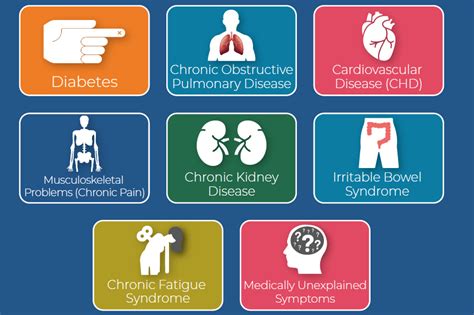
What causes long-term health problems?
The chemicals present in e-liquids can affect the development of the fetus, leading to various long-term health problems. Nicotine, in particular, can reduce the amount of oxygen and nutrients that the fetus receives, leading to long-term health problems.
Conclusion
Vaping during pregnancy can have severe consequences for both the mother and the unborn child. The risks associated with vaping during pregnancy include preterm birth, low birth weight, birth defects, respiratory problems, developmental delays, SIDS, and long-term health problems. It's essential for women to quit vaping during pregnancy to ensure the health and well-being of both themselves and their unborn child.
Is vaping safe during pregnancy?
+No, vaping is not safe during pregnancy. The chemicals present in e-liquids can harm the developing fetus, leading to various health complications.
What are the risks of vaping during pregnancy?
+The risks of vaping during pregnancy include preterm birth, low birth weight, birth defects, respiratory problems, developmental delays, SIDS, and long-term health problems.
How can I quit vaping during pregnancy?
+There are various resources available to help you quit vaping during pregnancy, including counseling, support groups, and nicotine replacement therapy. Consult your healthcare provider for more information.
We hope this article has provided you with valuable information about the risks of vaping during pregnancy. If you're a woman who vapes and is pregnant or planning to become pregnant, it's essential to quit vaping to ensure the health and well-being of both yourself and your unborn child.
